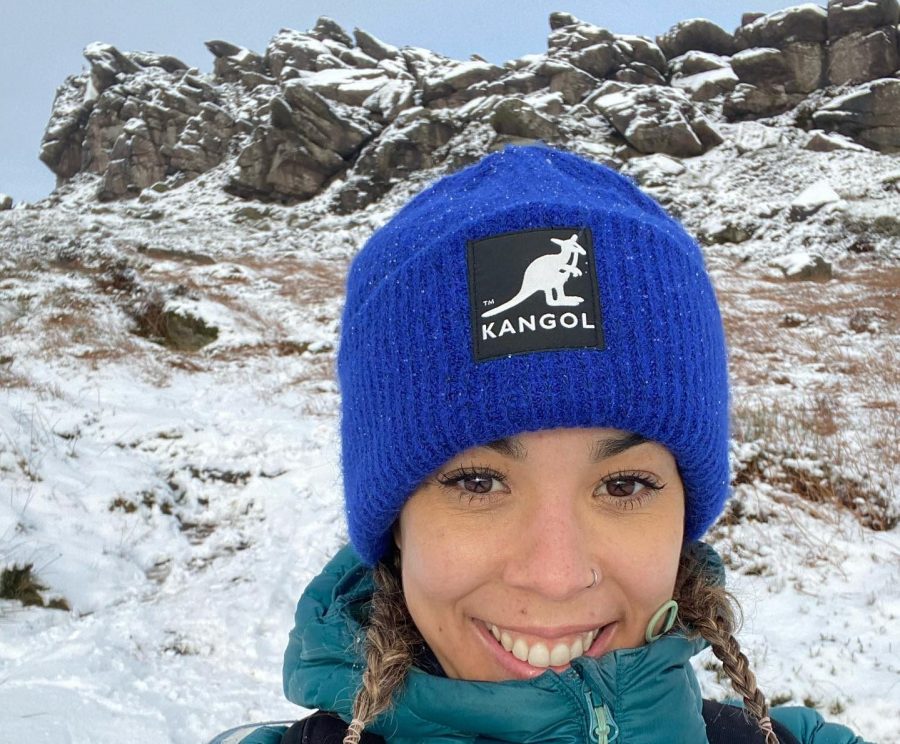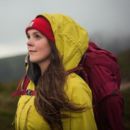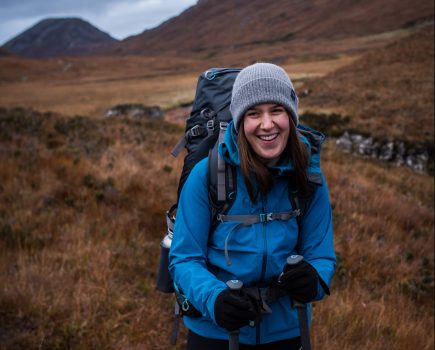Dr Jade Adams-White hated her first camp. As a young army cadet, she pitched up one freezing December night. “I just wanted to go home,” she told The Great Outdoors. Yet, the 34-year-old psychologist from Liverpool and founder of The Jadeite Project recalls a “freeness” of waking up outdoors. She couldn’t help but learn to love it. In her twenties, she climbed her first mountain and “loved the vastness of space, sense of achievement and awe.”
Finding things difficult during the pandemic, Jade turned to the hills. Once restrictions eased, she scrambled Helvellyn solo and, elated on the descent, determined to share that feeling with as many people as possible. With a PhD gained investigating decision-making in critical environments with The Royal Navy and an holistic approach to psychology, she founded The Jadeite Project. A self-confessed tree-hugger, Jade believes any time outside – scaling a mountain, meditating or simply weeding the garden – is good for the spirit.
Here, the mental health practitioner at a secondary school explains why she’ll always encourage others to appreciate the moments over minutes or mileage.
TGO: How did you come to study psychology?
Jade: I have always had a fascination in understanding human behaviour, understanding thoughts and feelings. It always amazes me how unique we are as individuals, but we can also behave in such similar and predictable ways.
My original plan was to train as a Forensic Psychologist, and so after my undergraduate degree in Psychology, I completed an MSc in Forensic and Investigative Psychology. I then decided to do a PhD which combined psychology and engineering. My PhD research investigated decision making in critical environments and worked with The Royal Navy. I now work in a secondary school as a mental health practitioner, so my path has not been straightforward!
I like to gain an understanding from a range of psychological schools of thought, as I feel we can develop a deeper understanding that can be applied to different aspects of human behaviour. I take a more holistic view. Everything is interconnected – much like nature. I also draw from other practices such as meditation and mindfulness.

Heading down to Blea Tarn. Credit @thejadeiteproject
TGO: Do you remember your first formative experience of the outdoors?
Jade: It may not be my first experience but one that had the biggest impact was my first camp as an army cadet. I hated it! It was early December and freezing and the first night I just wanted to go home. However, there was something about the feeling of waking up and being outside that I couldn’t help but learn to love. It is still one of my favourite feelings. Unzipping a tent in morning provides me with a sense of freeness, connection and gratitude.
We had family in the Lake District so would spend time there in the school holidays, but it wasn’t until I was in my mid 20s that I went up a mountain for the first time. I loved the vastness of the mountain space, the sense of achievement and awe it provided.
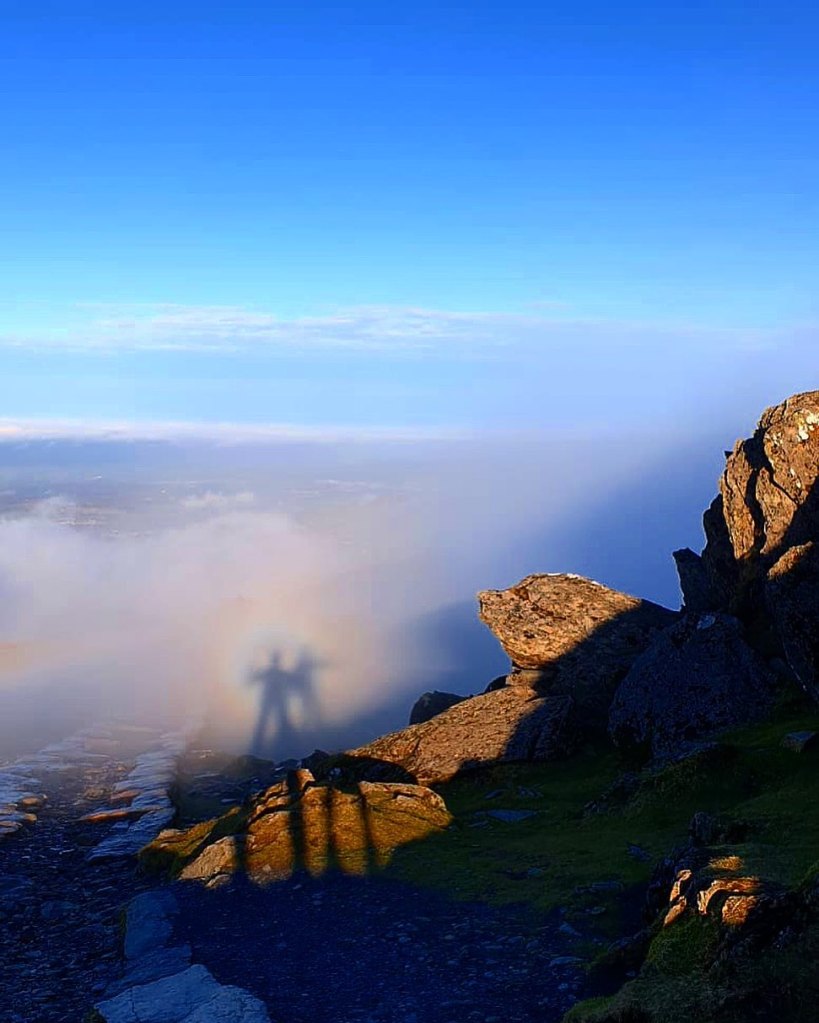
Creating a Brocken Spectre on Yr Wyddfa/Snowdon. Credit @thejadeiteproject
TGO: What inspired you to start The Jadeite Project?
Jade: During the pandemic, like many, I was finding things difficult. One weekend, while restrictions of being outdoors eased, I decided that I wanted to climb up Hellvelyn on my own. It was while I was walking down that the ideas of The Jadeite Project emerged. My main feelings, were that I wanted to share that feeling I just had with as many people as possible. I began researching nature, and using my psychological background to develop a new project. It is all about connecting to nature, improving your mindset, and appreciating your body through guided walks.

On Helvellyn where The Jadeite Project began. Credit: @thejadeiteproject.
I aim to develop the walks but also combine my work with young people and support those through connecting with nature. Five young people in a class of 30 will have a diagnosable mental health issue and the support out there is sometimes hard to come by. In school I run a school gardening club and I love watching as the children take part in garden activities. Even simple things such as the weeding can really make a positive impact on their day.
TGO: Have you felt welcomed into these mountain spaces – quite often elitist, as they are – and what do you think needs to change to ensure anyone who chooses to can spend time in nature?
Jade: As a female from the global majority, representation in outdoor space is really important to me. There are a lot positive steps to open up the outdoors with great organisations making this possible – Black Girls Hike, Muslim Hikers, Steppers UK, and Opening Up the Outdoors to name a few. However, there is much more work to do. I work with young people and making sure the outdoors is seen as accessible and represents them is key in the work I would like to do moving forward.
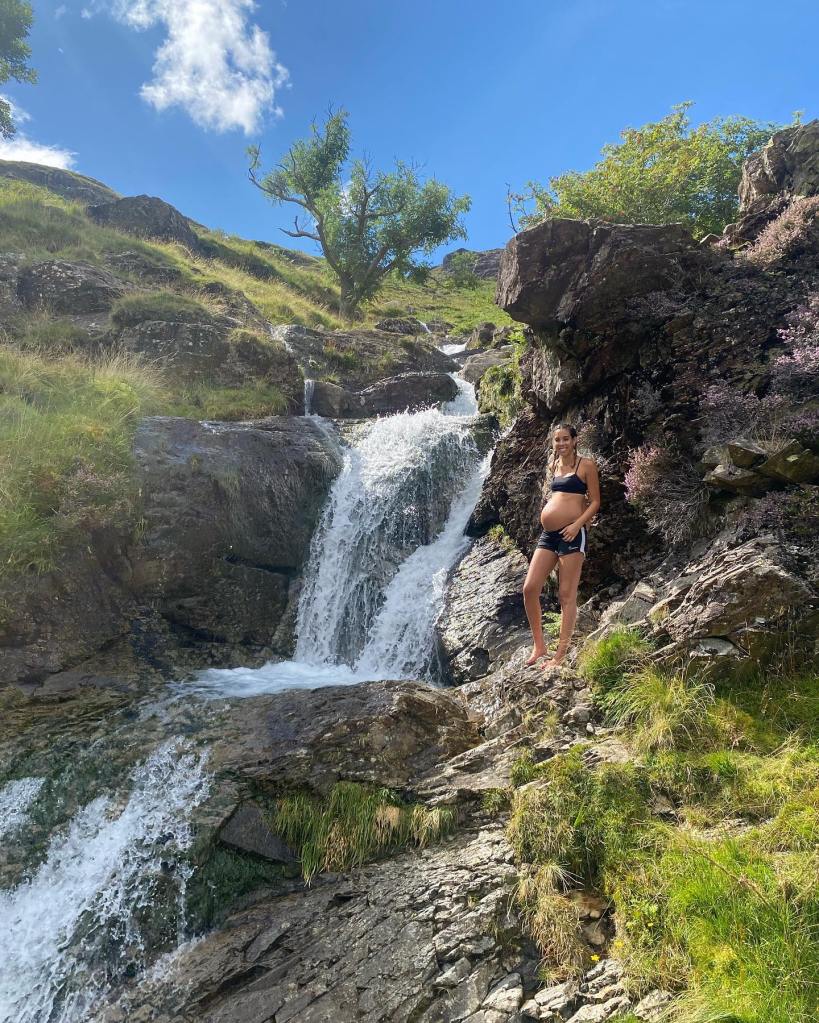
A summer’s day in Buttermere. Credit @thejadeiteproject
In mountain spaces, I think some people think they have to fit a criteria to go outdoors and climb mountains – This may relate to perceived fitness levels and having all the most expensive equipment, however, this doesn’t have to be the case. I would always recommend that if you are unsure, invest in a guide or someone more experienced as safety in mountain spaces is key.
Mountain rescue advice of being adventure smart by asking yourself these 3 questions:
- Do I have the right gear?
- Do I know what the weather will be like?
- Am I confident that I have the knowledge and skills for the day?
Let’s not forget that we can connect to nature of so many different levels so it is more about finding what works for you. For some it is the big adventures but for others, connecting to nature might happen on your walk to work being more mindful of nature. Research suggest that we should try to aim for 120 minutes a week but also be purposeful of your time – remember, it’s the moments not minutes.
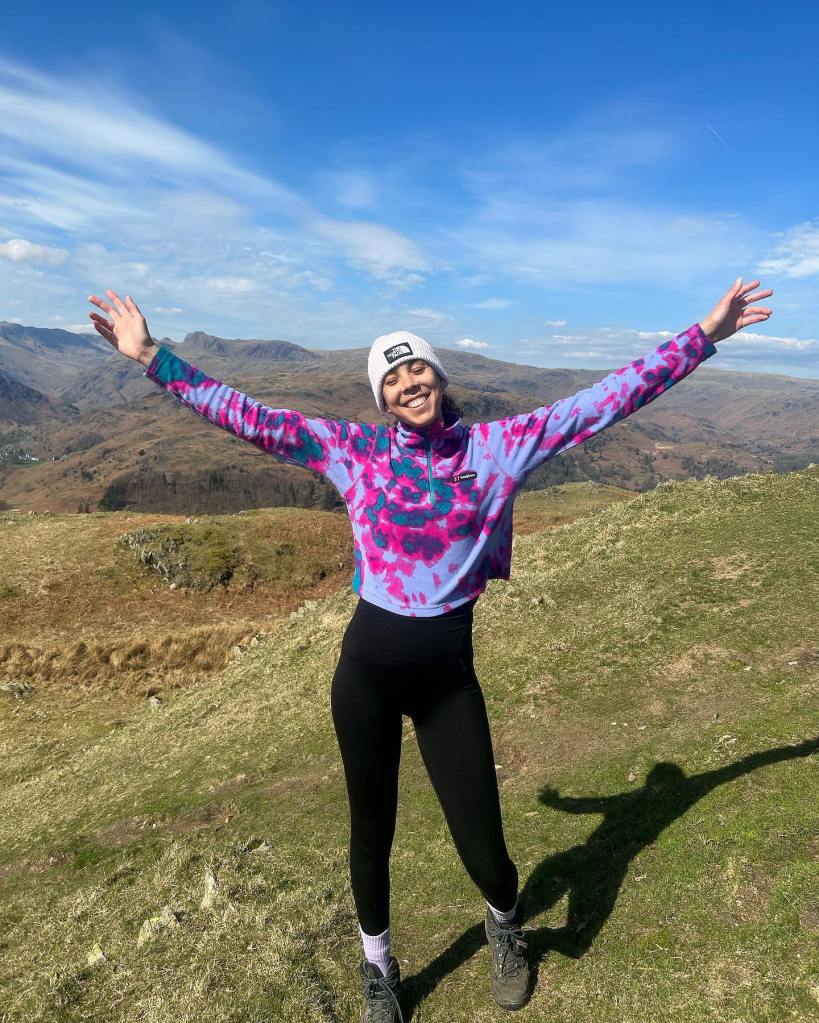
On Loughrigg Fell. Credit @thejadeiteproject
TGO: You share a lot of wisdom and advice with your online audience about the elevated level of wellbeing you can find in nature. In your personal experience, what is it about being outdoors that helps people feel more at peace?
For me being outdoors allows me to ‘close the door’ on my day to day. It provides a stillness in my mind – I’m without distractions of notifications, screens, and long list of things i need to do. On my walks nature holds the space to speak without fear of judgement, not confined to walls.
The guided walks provide that scheduled time to be in nature and an opportunity to talk and listen and be heard. Physically, it also gets our body moving and connects us with other people. The walk starts with a guided mediation based on a mountain metaphor, and then a continues through a short silent element at the start walk to fully immerse walkers into their surroundings. Throughout the walk there are activities to take part in, opportunities to open up and talk and a time to hold space for others, plus, I always have a tree hugging element on my walks!
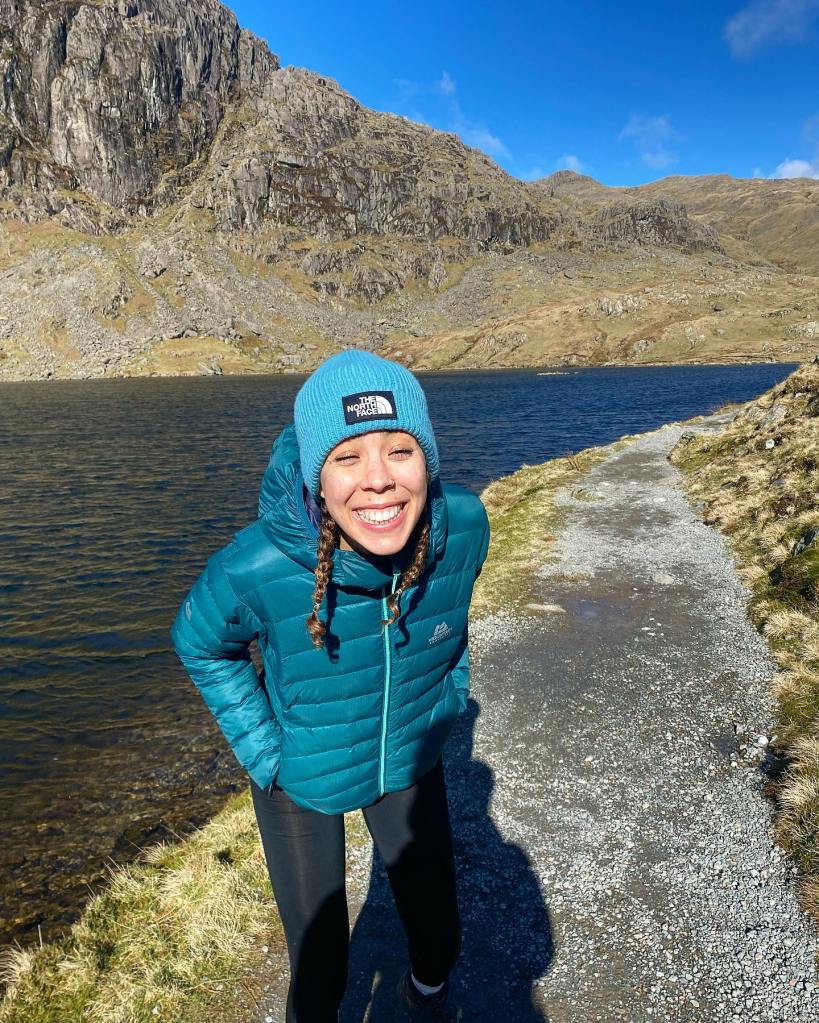
All smiles by Stickle Tarn. Credit @thejadeiteproject
The theories into what makes people feel at peace argue that nature has attention restorative properties, or that we are innately connected to nature through the Biophilia Hypothesis. To quote Einstein – “Look deep into nature, and then you will understand everything better”.
TGO: There’s a narrative circulating on social media suggesting that spending time outdoors can ‘cure’ mental illnesses. As a professional do you think those kinds of oversimplifications can be harmful?
Jade: There is empirical research to suggest the benefits of nature on anxiety, mood and stress however, an individuals mental health is personal and complex. We all have mental health so a helpful way of seeing things is if we look at mental health as a continuum with quadrants which range from good/poor mental health horizontally and diagnosed mental health conditions vertically. The four quadrants of the mental health continuum represent different possible times and situations in a person’s life as such there are times where we need to seek professional help.
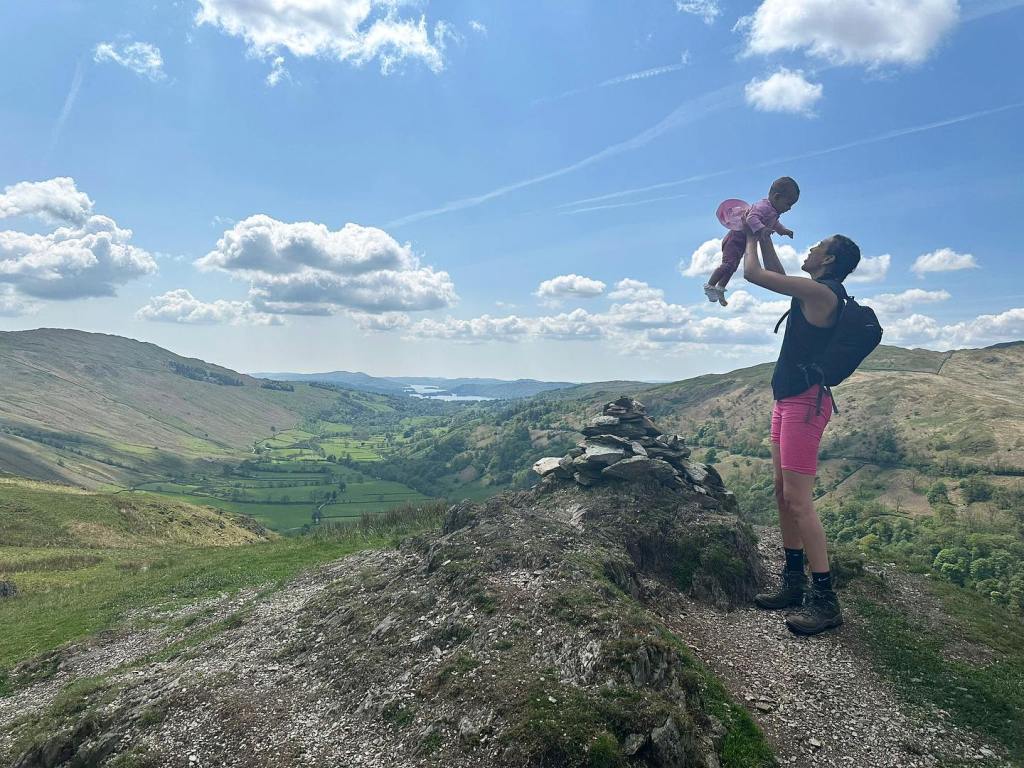
Walking Troutbeck Tongue with her girl. Credit @thejadeiteproject
TGO: Finally, has your recent journey into motherhood changed the way you engage with the outdoors?
Jade: Yes! I think seeing everything through someone else’s eyes. My daughter has now just started walking so everything takes a lot longer. We stop for the tiny stones on the path or want to touch each leaf as we go past. It is that childlike wonder that we all once had. I can see through her experiencing things for the first time.
Matrescence, which is used to describe the journey of motherhood, is a huge transition filled with a range of emotions and changes in your body. The shift in identity was something, I wasn’t prepared for. As much as I wanted to jump straight back into all the things I used to do and feel like ‘Jade’ again but, I wasn’t ready and my priorities had changed
Personally, I can’t go on these full days out and climb the highest peaks and I have to take a step back. The first Fell my daughter and I did I was so nervous walking up, having to think about things a lot more. Was she too hot? Cold? when should I stop to feed? The sense of freeness I was craving from going on walk wasn’t there which then made me question whether I even like hiking! Since then, we have climbed a few more and now as she is getting older I am starting to feel those old feelings again. I love introducing her to the adventures. She’s got an adventurous spirit!
Follow Jade’s adventures @thejadeiteproject on Instagram.

